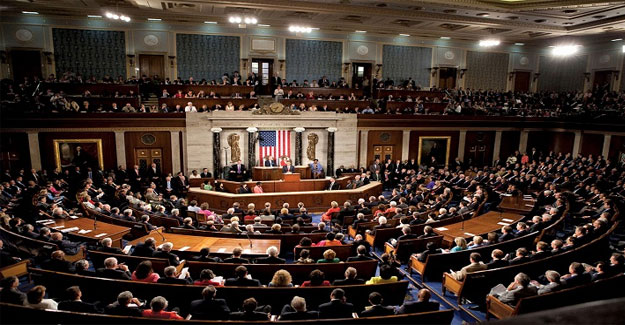
US House Of Representatives Approves Ban On Xinjiang Goods
The US House of Representatives have approved by an overwhelming bi‑partisan majority legislation aimed at ensuring that goods made with forced labour in mainland China’s Xinjiang Uyghur Autonomous Region do not enter the US market. The legislation would need to be reconciled with the version passed by the Senate in July 2021 – which provides more flexibility for US importers and a longer timeline to comply – and signed into law by President Biden for it to enter into force. The Uyghur Forced Labor Prevention Act (H.R. 1155) aims to strengthen the current US prohibition against the importation of goods made with forced labour, including by thwarting any efforts by the mainland Chinese government to undermine the implementation of the ban on the importation of goods, wares, articles and merchandise mined, produced or manufactured wholly or in part in any foreign country by forced labour, as set forth in Section 307 of the Tariff Act of 1930. To do that, the legislation would ban effective 120 days from its enactment date all goods, wares, articles and merchandise mined, produced or manufactured wholly or in part in Xinjiang, or by persons working with the Xinjiang government for purposes of the “poverty alleviation” or the “pairing assistance” programmes that subsidise the establishment of manufacturing facilities in Xinjiang, by designating such goods, wares, articles and merchandise as made with forced labour and therefore barred from entry into the US under Section 307. This blanket ban would apply unless US Customs and Border Protection:
- determines, by clear and convincing evidence, that any specific goods, wares, articles or merchandise were not produced wholly or in part by convict labour, forced labour or indentured labour under penal sanctions; and
- submits to the appropriate congressional committees and makes available to the public a report that contains such determination.
Textile Excellence
If you wish to Subscribe to Textile Excellence Print Edition, kindly fill in the below form and we shall get back to you with details.












